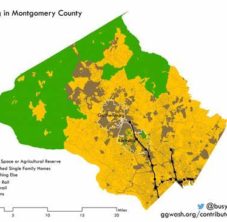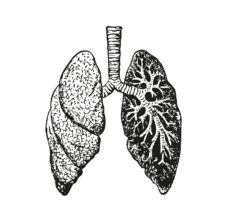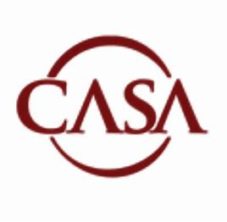Under the Revenue Act of 1862, the Union seized land from Southern landowners, and eventually auctioned those lands to freed slaves.
In 1865, General Sherman issued Special Field Orders 15, allowing the confiscation of 400,000 acres of land in South Carolina, Georgia, and Florida, dividing it into parcels of 40 acres to be settled by former slaves and other blacks.
In 1988, Congress passed the Civil Liberties Act which granted reparations to internees of Japanese Americans during World War II.
Flawed as these measures were, they have something in common: the reparations were between the oppressor and the oppressed. They weren’t between the oppressor and a non-profit with no accountability.
Contrast that with Bill 4-24 – Community Reinvestment and Repair Fund Commission – Established introduced by Council Members Mink, Jawando, and Sayles. As part of the liberalization of cannabis laws, the state tax collected on sales of cannabis will be allocated throughout Maryland’s counties, including Montgomery. Bill 4-24 ensures that the county government reinvests the funds solely for community-based initiatives a) intended to benefit low-income communities and b) that serve disproportionally impacted areas.
I’m not used to Mink and Jawando’s inflammatory manipulation, but I don’t expect anything better from them. They’ve been using the Black and Brown code words since they entered politics, yet they have precious little to show for theirconstituencies except continuing to fund a red-lined school system and a housing market that their constituencies cannot enter. Nevertheless, here they crossed a cruel line. As with the federal reparations laws mentioned above, the cannabis reparations are due the prisoners who served time or any other citizen that was impacted by the drug laws. That money should not go to “communities” and “initiatives” that are proven failures.
There is a growing awareness that the 54-year-long war on drugs, initiated by President Nixon and sustained by continual bi-partisan support, has unjustly criminalized and punished behavior no worse than buying, selling, and drinking a can of beer. Legalizing cannabis is a big step forward in human freedoms, and the time for healing has come. Let’s heal those who are the living victims, and not non-profits with shady financing, convertible ethics, and shallow results. Neither CASA nor its executive director Gustavo Torres come anywhere close to qualifying for funding paid for by Maryland’s incarcerated during the drug war.




